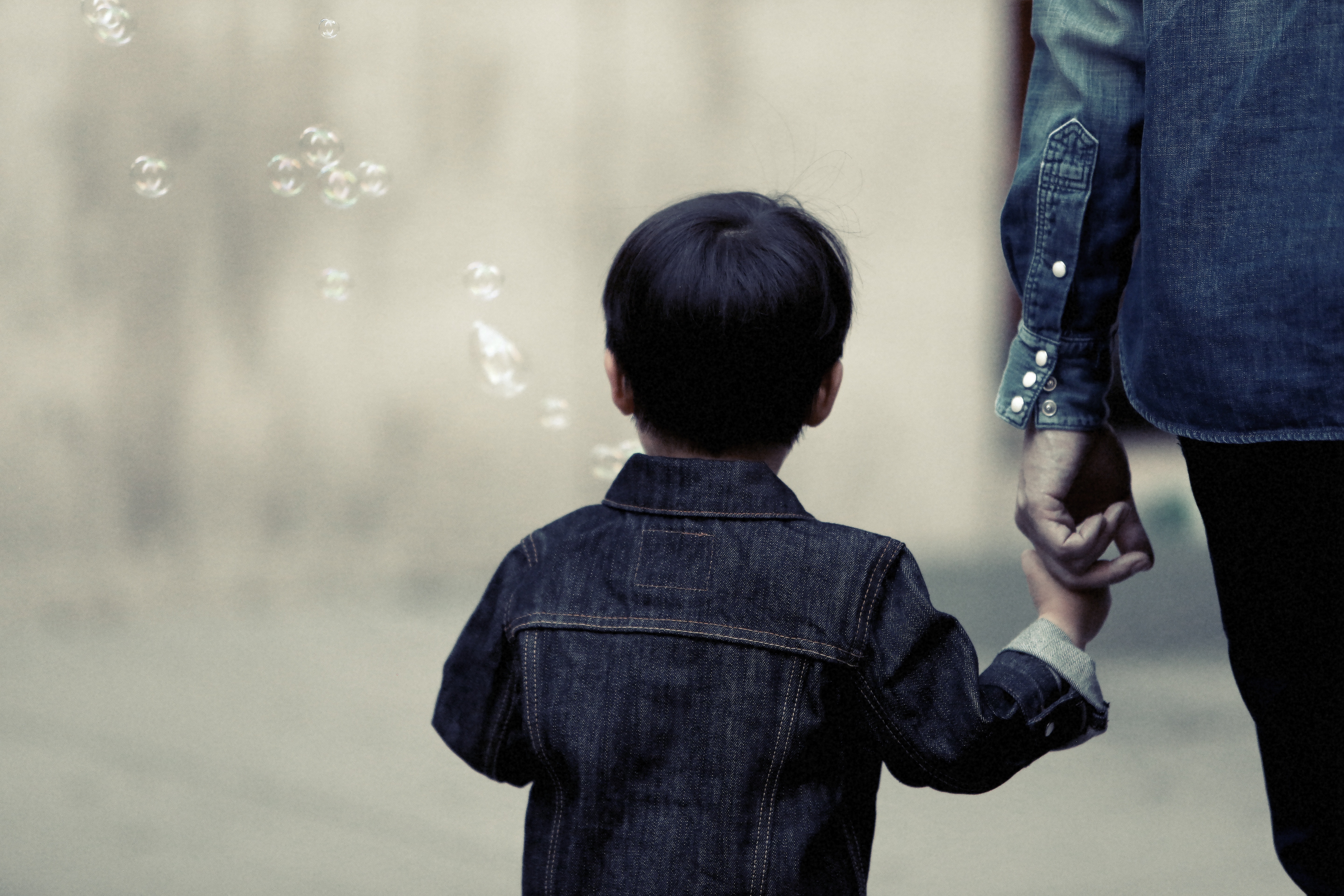Women in Recovery Book Club: Grounded in the Group
[fa icon="calendar'] Nov 9, 2016 9:00:00 AM / by Women in Recovery posted in women in recovery, AA meetings, 12 steps of aa, AA Big Book, Women's Sober Residential
Being a Functional Adult in Recovery
[fa icon="calendar'] Nov 3, 2016 9:00:00 AM / by Jenna L. posted in Alcoholics Anonymous, Recovery, women in recovery, AA meetings, Drugs Adiction
Everyone is Entitled to Their Own Opinions, but They’re Not Entitled to Their Own Facts
[fa icon="calendar'] Oct 26, 2016 10:30:00 AM / by John MacDougall posted in substance abuse, Drugs Adiction, Chemical Dependency
Our national drug policies are being set, and re-set recently on the basis of popular opinion, rather than on the basis of risk of addiction or risk of death. There is no national drug policy, just a confusing and contradictory set of policies that are constantly changing, as those who want to cut the death rate are in conflict with those who want to make addictive drugs more available. There is very little science, and lots of politics.
The Family Afterward
[fa icon="calendar'] Oct 19, 2016 9:05:00 AM / by Mark Korman posted in Alcoholics Anonymous, family recovery, 12 steps of aa, Family Sober Support, 12 Traditions Of AA
When I am facilitating Family Program sessions I often ask participants to think of a family affected by addiction like a mobile floating over a child’s crib. When you imagine a mobile, there are a few things that instantly come to mind. You’ll see a bunny, bear, frog, and bird: rotating around and helping the mobile to maintain balance. There’s often quiet music playing in the background.
Embrace Grace
[fa icon="calendar'] Oct 5, 2016 11:00:00 AM / by Kara F posted in Alcoholics Anonymous, Recovery, Drug Rehab, Recovery Program, Chemical Dependency
I’m a big fan of the word grace. Not just because it’s a pretty and hopeful word, but because of the significance it holds in recovery and in life in general.
Spiritual Liberty and Democracy
[fa icon="calendar'] Sep 28, 2016 10:30:00 AM / by John MacDougall posted in Alcoholics Anonymous, alcoholism, 12 steps of aa, AA Big Book, 12 Traditions Of AA
The Presidential campaign this year may appear to be uniquely trashy. It isn’t that unusual, set against the full sweep of American history. The 1884 campaign of the Democratic President Grover Cleveland against the Republican James G. Blaine was trashier. Blaine was accused of profiting from sales of railroad bonds and Cleveland was accused of fathering a child out of wedlock. Crowds at campaign rallies shouted down each candidate: “Blaine, Blaine, James G. Blaine, the continental liar from the State of Maine” and “Ma, Ma, where’s my Pa? Gone to the White House, ha! Ha! Ha!” Ugly politics is nothing new.
Parenting: Progress, Not Perfection
[fa icon="calendar'] Sep 22, 2016 9:00:00 AM / by Chris Nehotte posted in Alcoholics Anonymous, alcoholism, Drug Rehab, Drugs Adiction, Chemical Dependency
Recovery from the Heart
[fa icon="calendar'] Sep 14, 2016 10:30:00 AM / by Cecil B posted in Alcoholics Anonymous, AA meetings, 12 steps of aa, AA Big Book, 12 Traditions Of AA
The Big Book, 12 x 12, sponsors, meetings and the working history of AA used as a template — it had come to seem repetitive and endless to me.
Recovery and the Man in the Hallway
[fa icon="calendar'] Sep 6, 2016 9:00:00 AM / by Judge Shaun Floerke posted in Alcoholics Anonymous, Recovery, AA meetings, Sober Housing, Recovery Program
Jerry McAuley, A Hero of Recovery
[fa icon="calendar'] Aug 31, 2016 11:27:20 AM / by John MacDougall posted in Alcoholics Anonymous, alcoholism, Recovery, Drug Rehab, Drugs Adiction













